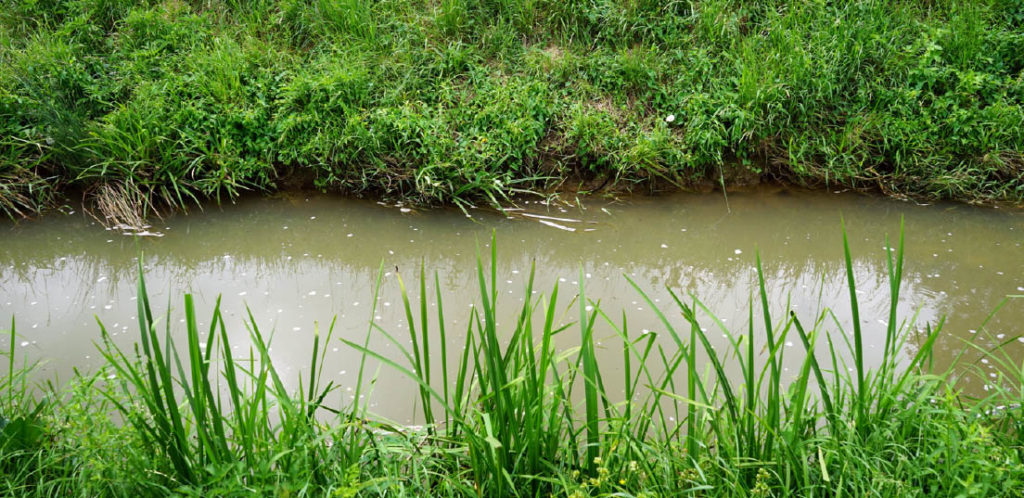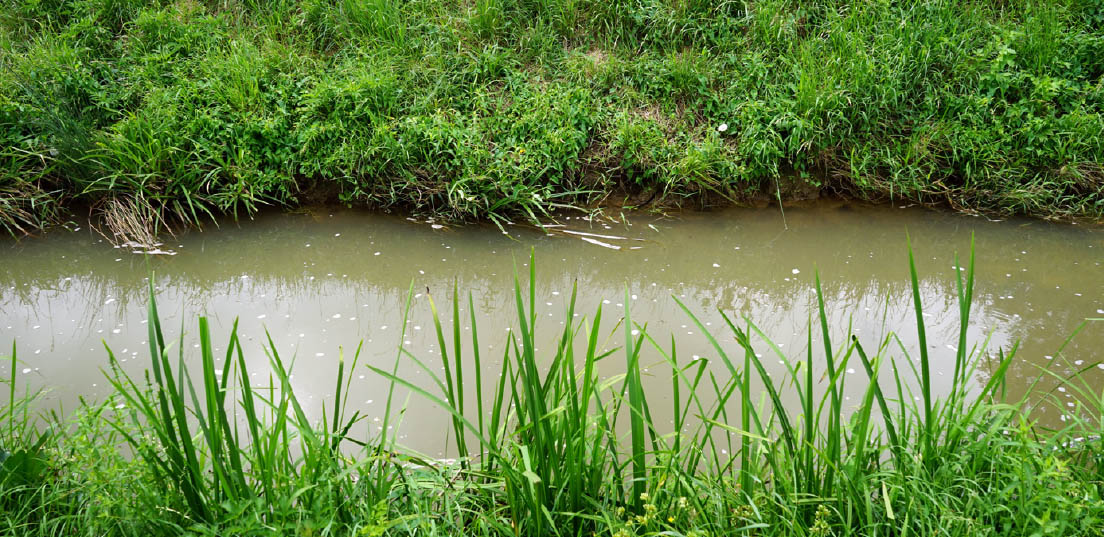By Frank Giles
The debate over the U.S. Environmental Protection Agency (EPA) and U.S. Army Corps of Engineers (Corps) Waters of the United States (WOTUS) has been ongoing for years. During the President of the United States (POTUS) Barack Obama administration, a new definition of WOTUS was laid out that left a lot of ambiguity on what EPA’s jurisdiction might be over privately held land that fell under the updated definition.

The Trump administration then rolled back the WOTUS language to be more in line with the definition prior to Obama. It was no surprise the Biden administration reinstated much of the Obama WOTUS rule.
CONTINUED CONTROVERSY
Over the years, the EPA and the Corps have attempted to expand the definition of WOTUS to regulate land features that occasionally get wet. According to the American Farm Bureau Federation (AFBF), perhaps most controversial is that the agencies have attempted to regulate “ephemeral” features, or areas of land that become wet only in response to precipitation. They employed an ambiguous and subjective “significant nexus” test, claiming any such feature with a “significant nexus” to a WOTUS is itself regulated — and they acknowledged that almost any feature could be viewed as having a “significant nexus.”
While the POTUS political back-and-forth was going on, the rule was also caught up in the courts. In fact, one case made it all the way to the Supreme Court of the United States (SCOTUS).
In January 2023, the EPA and Corps finalized a new WOTUS rule that replaced Trump’s 2020 Navigable Waters Protection Rule. In their new rule, the agencies doubled down on the significant nexus test and created more risk and uncertainty for farmers and other landowners.
AFBF and others sued the EPA and the Corps over the 2023 WOTUS rule. District Court rulings have prevented the 2023 rule from going into effect in 27 states. The litigation is still ongoing, but a May 2023 SCOTUS decision in Sackett v. EPA forced EPA and the Corps to revise their 2023 rule. All nine Supreme Court justices agreed that the significant nexus test was a regulatory overreach.
FINAL RULE
This forced the EPA and Corps to amend WOTUS again to conform with the court ruling. In late August, the final rule was announced.
“While I am disappointed by the Supreme Court’s decision in the Sackett case, EPA and Corps have an obligation to apply this decision alongside our state co-regulators, tribes and partners,” said EPA Administrator Michael S. Regan. “We’ve moved quickly to finalize amendments to the definition of ‘waters of the United States’ to provide a clear path forward that adheres to the Supreme Court’s ruling.”
AFBF and other farm groups applauded the court win but argued the agencies could have done more to provide farmers and landowners more clarity under the law. While the significant nexus was removed, other areas of concern remain.
“Farmers and ranchers care about clean water and preserving the land, which are essential to producing healthy food and fiber and ensuring future generations can do the same. They deserve a rule that provides clarity and doesn’t require a team of lawyers to care for their land,” noted AFBF President Zippy Duvall.
While the SCOTUS ruling on WOTUS was a significant turn of events, this debate is far from over and will be one of the key property rights battles of a generation. If the government can regulate a ditch, which some argue was the case under the Obama and Biden administrations’ definition, property rights are in jeopardy for everyone.










